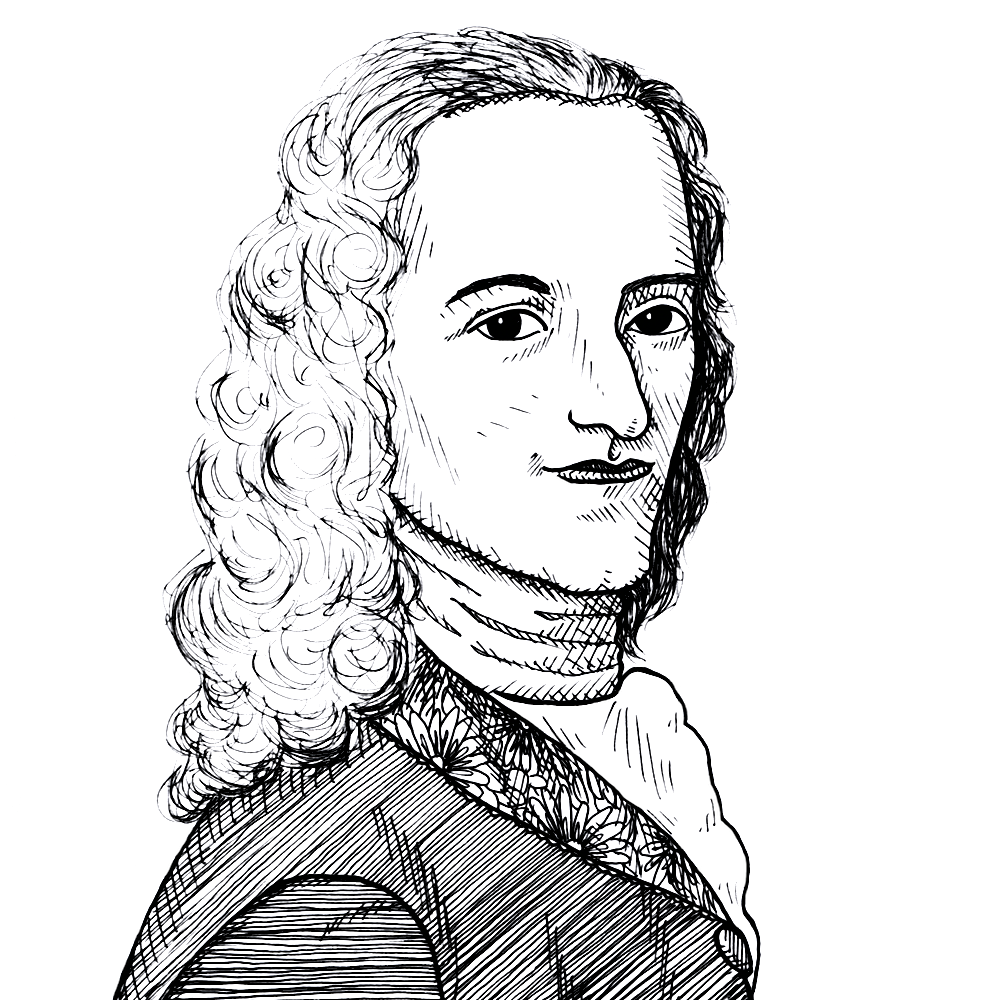
Voltaire in Candide says that “tending one’s own garden” is not only a private activity but also productive (1759)
Found in: The Works of Voltaire, Vol. I (Candide)
The enlightened playwright and social critic Voltaire (1694-1778) concluded his satirical tale Candide (1759) with the observation that the violence and plunder of kings could not compare with the productive and peaceful life of those who minded their own business, "cultivated their own garden," and traded the surpluses with their neighbors:
Literature & Music
Candide, as he was returning home, made profound reflections on the Turk’s discourse. “This good old man,” said he to Pangloss and Martin, “appears to me to have chosen for himself a lot much preferable to that of the six kings with whom we had the honor to sup.” … “Neither need you tell me,” said Candide, “that we must take care of our garden.” “You are in the right,” said Pangloss; “for when man was put into the garden of Eden, it was with an intent to dress it: and this proves that man was not born to be idle.” “Work then without disputing,” said Martin; “it is the only way to render life supportable.”